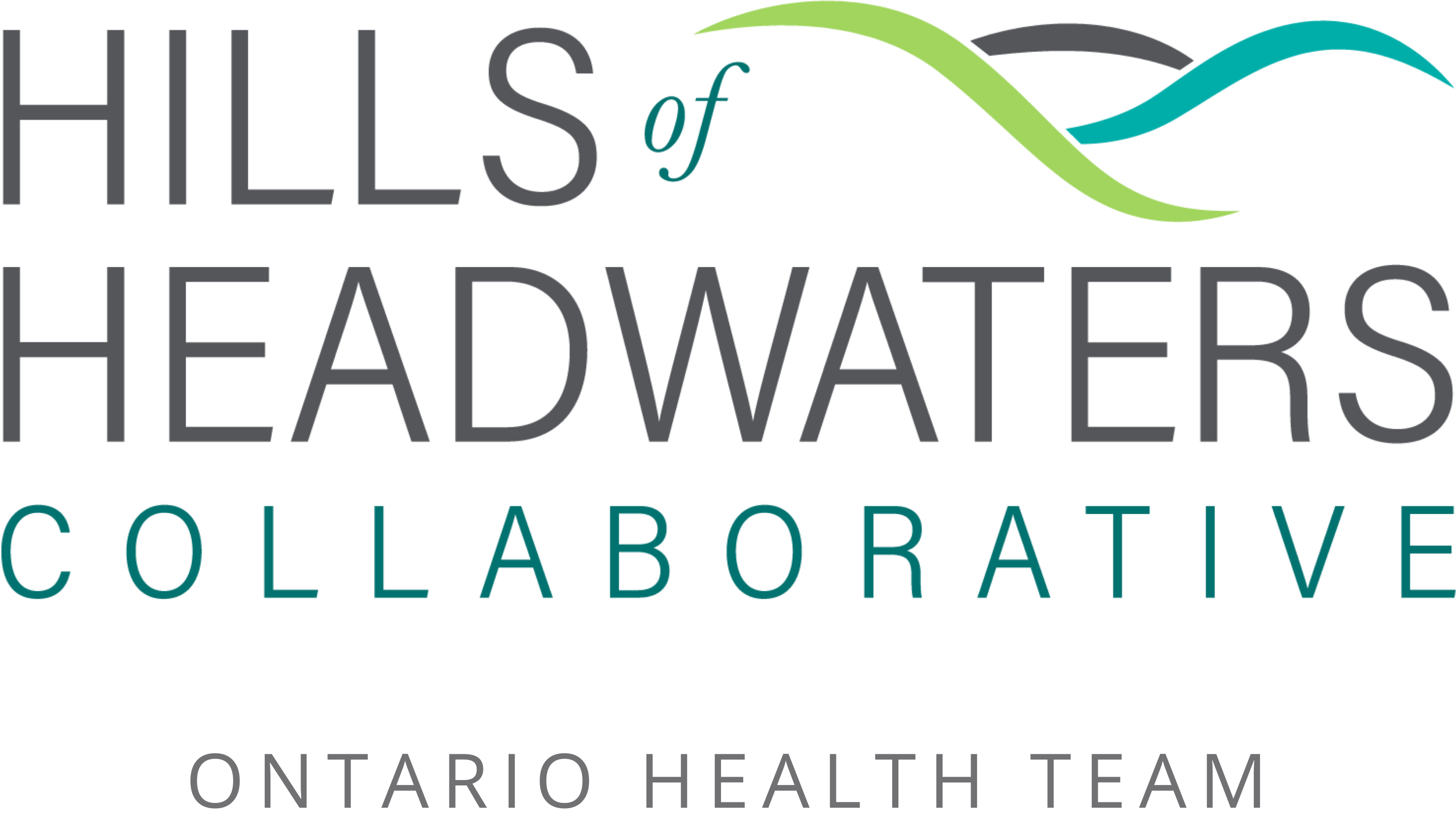Preventive Cancer Screening Programs and Options
Colorectal Cancer
“When colorectal cancer is caught early enough through screening, someone with the disease has a 9 out of 10 (90%) chance of being cured.”
– Cancer Care Ontario To get your free FIT, talk with your family doctor or nurse practitioner. If you do not have a family doctor or nurse practitioner, you can get a FIT by calling Telehealth Ontario at 1-888-828-9213. For more information about Cancer Care Ontario’s Colorectal Screening Program, click here.Colorectal cancer accounts for 10% of all new cancer cases.
A fecal immunochemical test (the recommended colorectal cancer screening test for most people, also called FIT) is a FREE, safe and painless at-home cancer screening test. The test takes only a few minutes, you only need to collect one sample. Instructions are included with the test.
FIT checks someone’s stool (poop) for tiny amounts of blood, which could be caused by colorectal cancer or some pre-cancerous polyps (abnormal growths in the colon or rectum that can turn into cancer over time).
Breast Cancer
Breast cancer accounts for one-quarter (25%) of all new cancer cases in women.
If you’re between the ages of 50 and 74, you can refer yourself to get screened for breast cancer with a free mammogram. Regular breast cancer screening can find cancer when it is small and there is a better chance of treating it successfully.
For more information about Cancer Care Ontario’s Ontario Breast Screening Program, click here.
Cancer Care Ontario’s Ontario Breast Screening Program (OBSP) has many locations across Ontario. There are three convenient locations to choose from in Dufferin and Caledon.
Headwaters Health Care Centre:
519-941-2410 ext. 2852
Bolton Medical Imaging:
905-857-0779
Orangeville Medical Imaging:
519-942-3101
To find additional Ontario Breast Screening Program locations, click here.
Cervical Cancer
A Pap test can help prevent cervical cancer.
Cervical cancer is almost 100% preventable with regular Pap tests and following up with a doctor after an abnormal Pap result. That’s why women in Ontario ages 21 to 69 are asked to have a Pap test every 3 years.
Regular Pap tests can detect changes in the cells of the cervix before they cause cervical cancer. Catching these changes early (and treating them, if necessary) can prevent cervical cancer.
A Pap test only takes a few minutes and is covered every 3 years under the Ontario Health Insurance Plan (OHIP).
You can get a Pap test from your family doctor or at many medical clinics across Ontario.
For more information about Cancer Care Ontario’s Ontario Cervical Screening Program, click here.
Lung Cancer
Screening can find some lung cancers early when treatment has a better chance of working.
Cancer Care Ontario offers the following guidelines on who should get lung cancer screening:
You may qualify for lung cancer screening if you:
- are 55 to 74 years old, and
- have smoked cigarettes every day for at least 20 years (it does not have to be 20 years in a row, which means there could be times when you did not smoke)
To find out if you may qualify for screening, contact your primary care provider, or the participating Ontario Lung Screening Program site hospital closest to you. To find participating hospitals, see Ontario Lung Screening Program Locations.
People who are not at high risk of getting lung cancer should not get screened because there may be more risks than benefits for them.
If you think you have any signs or symptoms of lung cancer, speak with your primary care provider. Screening may not be right for you.
Click here for more information from Cancer Care Ontario about Screening for Lung Cancer.
Prostate Cancer
There are 2 tests available to help find prostate cancer early. If you and your primary care provider decide that the tests are right for you, have both of them (not just one or the other).
The prostate-specific antigen (PSA) test is a blood test that measures PSA, a substance made by the prostate. The normal level of PSA changes as you get older. Different prostate problems can cause higher levels of PSA, including cancer. Sometimes people with prostate cancer have PSA levels that are not higher than normal.
The PSA test can’t diagnose cancer. It just indicates that there might be a problem with the prostate.
A digital rectal exam (DRE) is a physical exam of the prostate through the rectum. The primary care provider inserts a gloved finger into the rectum to feel the prostate for lumps or anything else that seems unusual.
“The best ways to find prostate cancer early are to recognize symptoms and have a personal plan for testing if you have a higher risk.” – Canadian Cancer Society
Make an informed decision about whether the PSA test is right for you by talking with your primary care provider and considering your personal risk factors.
- If you are at average risk of developing prostate cancer, consider testing from age 50.
- If you are at high risk of developing prostate cancer, consider testing from age 45. Black men (including men of African or Caribbean ancestry) and those with a family history of prostate cancer are considered to be at high risk.
For more information about prostate cancer, visit the Canadian Cancer Society website.
Hills of Headwaters has identified early cancer screening as a priority for residents of Dufferin and Caledon because it provides the best chance for treating it successfully.
Getting Checked for Cancer is Important
Did you know…
- 2 in 5 Canadians (44% of men and 43% of women) are expected to develop cancer during their lifetime
- About 1 out of 4 Canadians (26% of men and 22% of women) is expected to die from cancer
- Lung, breast, colorectal and prostate cancer are the most commonly diagnosed types of cancer in Canada (excluding non-melanoma skin cancer) and account for 46% of all new cancer cases
About the Canadian Cancer Society
The Canadian Cancer Society helps to fund groundbreaking cancer research into all types of cancer, offer support services to help people better manage life with cancer, shape healthy public policies to prevent cancer and support those living with the disease, and offer trusted cancer information for all Canadians.
About Cancer Care Ontario
Cancer Care Ontario is the Ontario government’s principal cancer advisor and a division of CCO. We equip health professionals, organizations and policy-makers with the most up-to-date cancer knowledge and tools to prevent cancer and deliver high-quality patient care.


